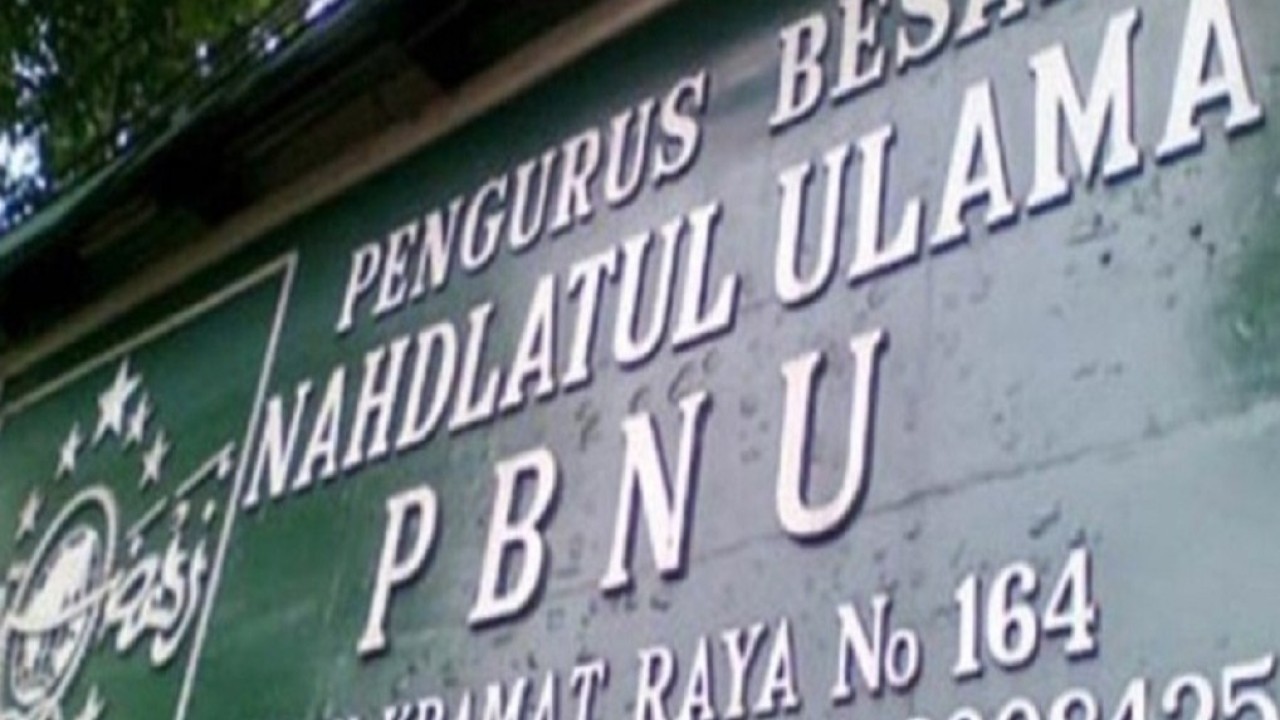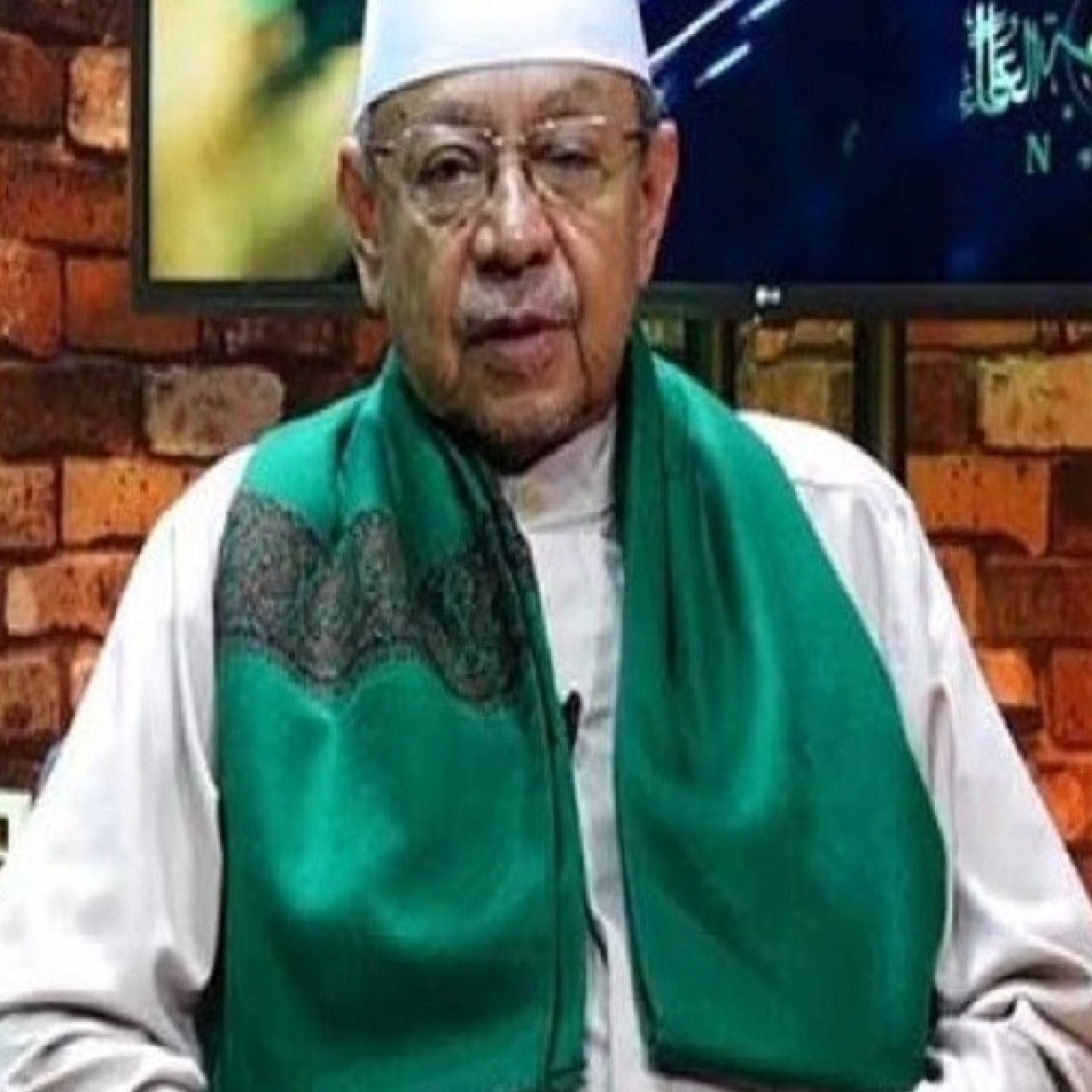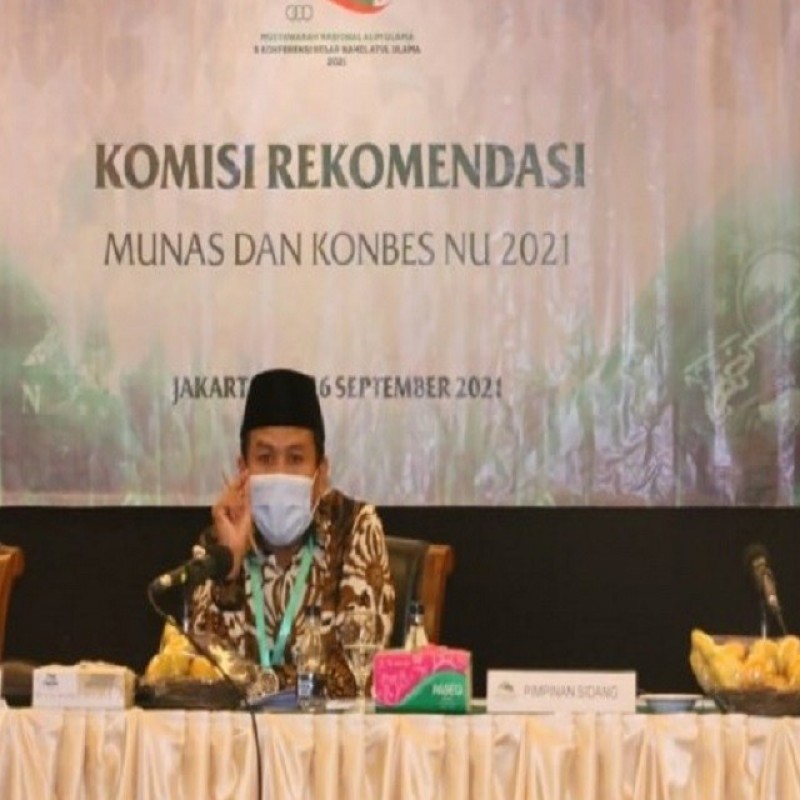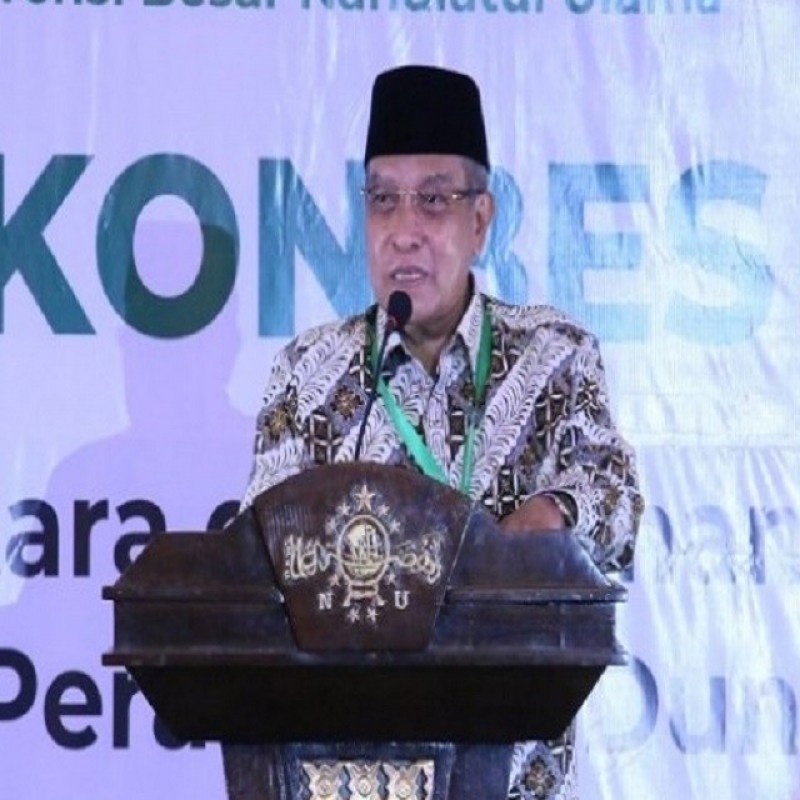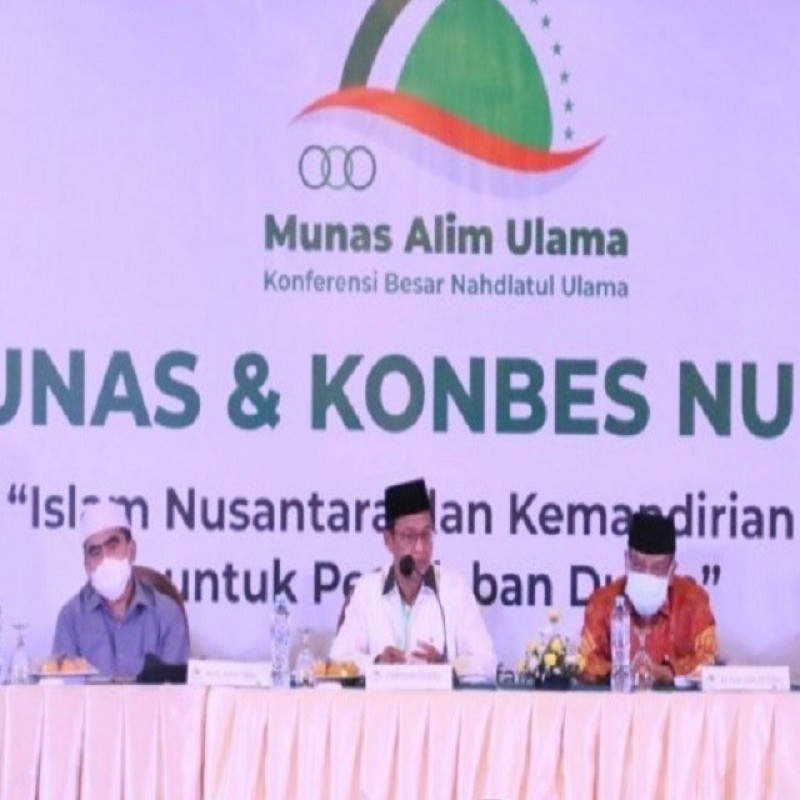Requirements for would-be general chairman of PBNU
NU Online · Senin, 11 Oktober 2021 | 11:01 WIB
Jakarta, NU Online
Ahead of the Nahdlatul Ulama (NU) 34th congress which is planned to be held in Lampung Province, on December 23-25 2021, various parties have discussed or voiced the general chairman candidates of the Central Board of Nahdlatul Ulama (PBNU).
Although the agenda of the congress is not only about changing the management of PBNU, inevitably that the position of the PBNU general chairman and all of its board members for the next five years, is very interesting to discuss and attracts many parties.
In fact, some parties deliberately try to play up the issue to make people or figures outside the NU structure who are later predicted to become the general chairman of PBNU. However, being the highest leader in the largest jamiyah diniyah ijtimaiyah (religious-social organization) in Indonesia, has certain conditions that must be met.
The requirements for becoming PBNU administrators (including the position of general chairman) are stated in the NU Articles of Association (ART) Chapter XIII concerning the Requirements to Become a Board of Administrators Article 39 paragraph (6) of the results of the Jombang's 33rd Congress in 2015 which reads:
"To become the PBNU administrators, they must have been daily administrators or daily administrators of a PBNU institution, and/or daily administrators at the regional level, and/or daily administrators of an autonomous body at the central level and have attended regeneration education."
The cadre requirement in question is attending the Nahdlatul Ulama Cadre Madrasah (MKNU), which has been effective since three years after the 33rd NU congress held in Jombang.
Furthermore, the ART of NU also regulates the procedures for selecting and determining the management, including one of them choosing the general chairman of PBNU. This is stated in Chapter XIV Article 40 paragraph (1) point (e) which reads:
"The general chairman is directly elected by the muktamirin (congress participants) through deliberation for consensus or voting in the congress, by first expressing his willingness orally or in writing and obtaining approval from the elected rais aam (supreme leader)."
Authorities and duties of PBNU General Chairman
After being elected, the general chairman has the authorities and duties that must be carried out, as well as for all PBNU management, for one management period or five years in normal time. At least, there are six authorities of the general chairman contained in the ART of NU Chapter XVIII Article 64 paragraph (1).
First, representing PBNU both externally and internally regarding the implementation of organizational policies in the form of consultation, coordination and information. Second, formulating specific organizational policies.
Third, together with Rais Aam representing PBNU in terms of taking actions of accepting, transferring, exchanging, guaranteeing, handing over control/management authority, and business participation on movable and or immovable property owned or controlled by Nahdlatul Ulama without reducing the restrictions decided by the congress either inside or outside the court.
Fourth, together with Rais Aam signing the strategic decision of the PBNU organization. Fifth, together with Rais Aam, cancelling the decisions of the organizational apparatus that are contrary to the Articles of Association and Bylaws of Nahdlatul Ulama. Sixth, together with Rais Aam and the Secretary General, signing the PBNU Ordinary Decisions.
While the duties of the general chairman are in the next paragraph, they are still in the same chapter and article. There are four duties that must be carried out by the general chairman during one term of management.
The first is to lead, regulate, and coordinate the implementation of PBNU's congressional decisions and general policies. The second is to lead, coordinate and supervise the duties of the tanfidziyah board of administrators.
Third, together with Rais Aam leading the implementation of congresses, national deliberations (Munas) of alim ulama, grand conferences, work meetings, plenary meetings, daily syuriyah and tanfidziyah meetings. Fourth, leading daily tanfidziyah meetings and tanfidziyah management meetings.
Reporter: Aru Lego Triono
Editor: Sudarto Murtaufiq
Terpopuler
1
Inalillahi, Tokoh NU, Pengasuh Pesantren Bumi Cendekia KH Imam Aziz Wafat
2
Mas Imam Aziz, Gus Dur, dan Purnama Muharramnya
3
Santri Kecil di Tuban Hilang Sejak Kamis Lalu, Hingga Kini Belum Ditemukan
4
Gus Yahya: Sanad adalah Tulang Punggung Keilmuan Pesantren dan NU
5
Kupas Tuntas Nalar Fiqih di Balik Fatwa Haram Sound Horeg
6
Sound Horeg: Menakar Untung-Rugi Kebisingan
Terkini
Lihat Semua

